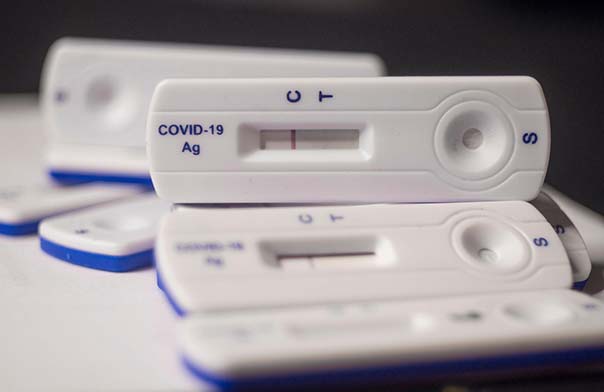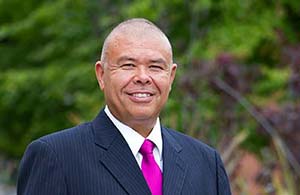
The coronavirus pandemic in 2020 was a seismic global event. It plunged whole societies into temporary chaos, and affected everyone’s lives in different ways. Mine too. I had joined the Department of Health and Social Care (DHSC) in 2017 as Deputy Chief Medical Officer, on secondment from the University of Nottingham. I’d already lived through several government crises, not least of which was the Salisbury poisonings. I wasn’t expecting anything else on top!
Some people have heard me say in previous talks and fireside chats that I was ‘in the wrong place at the wrong time’. It did feel like that in some ways, especially as I could have made an exit in September 2019; however, I almost always go on to qualify that initial remark by stating that others might judge, and sometimes I also agree that, I was ‘in the right place (and the right job) at the right time’. I suppose it is true that very few people, and even fewer doctors, have managed to pack in, over their career spans, time in all of the following: clinical practice, academia, public health agencies, the pharmaceutical and vaccine industries, and central government policy making, whilst making respiratory viruses essentially my life-long special interest. You name it, I seem to have done it – from mid-air and mid-ocean emergencies, to accidental self-defibrillation! Most of the above happened by accident, rather than through deliberate career planning; but I like to think that all that I had learned across those different sectors and cultures made me quite a unique beast in the somewhat traditionally fashioned corridors of the UK’s Civil Service; and in turn that helped me do the job I did from early 2020 through until 2022.
I left DHSC in the Spring of 2022. Some in the media linked this to my likely protestation at rule-breaking by some political and Civil Service leaders who themselves had set the rules for the public, and should then have led by example. In fact, the timing of my departure was all purely coincidental and I simply felt I had done the best job I could, we were beginning the return to normality, and it was therefore time to move on. I don’t mind saying I was also pretty tired. Exhausted might be a truer expression.
Five years since the start of the pandemic have flashed by in an instant. Sometimes these things are just distant memories to me; sometimes it feels like yesterday. The trick is to learn from it all, not dwell on that darkness. I’ve always been a watcher and an observer of human behaviour, organisations and cultures. Being half-Vietnamese but brought up entirely in Britain has, no doubt, helped me think more about how human ecosystems work, what matters, and what you need to succeed. At first, so many people wanted to hear from me what I call ‘the pandemic story’…my view of how we got through this, and the pivotal moments in government. But, over time, I’ve realised I’ve actually a lot more to say about how complex systems work, how science mixes (or doesn’t) with politics, and how to communicate with clarity when the chips are down. How you navigate all of that, and how you manage to stay sane and keep leading under pressure and in the spotlight are lessons that can be taken into so many different walks of professional life.
I have also had the honour to speak at a JLA Speakers Breakfast on Leadership Under Pressure, highlight of this can be seen below:

Prof Sir Jonathan Van-Tam MBE
Former Deputy Chief Medical Officer
Jonathan Van-Tam is a public health specialist and infectious diseases expert who gained prominence as Deputy Chief Medical Officer during the COVID-19 pandemic, becoming well-known for his direct communication style from Downing Street and his role in the UK’s vaccine rollout. He has been recognised with a knighthood and the Royal Society’s Attenborough Award for his contributions to public health and science communication.
To enquire about Jonathan speaking at your next event or for advice on selecting the perfect conference speaker for your next event, don’t hesitate to get in touch with us!